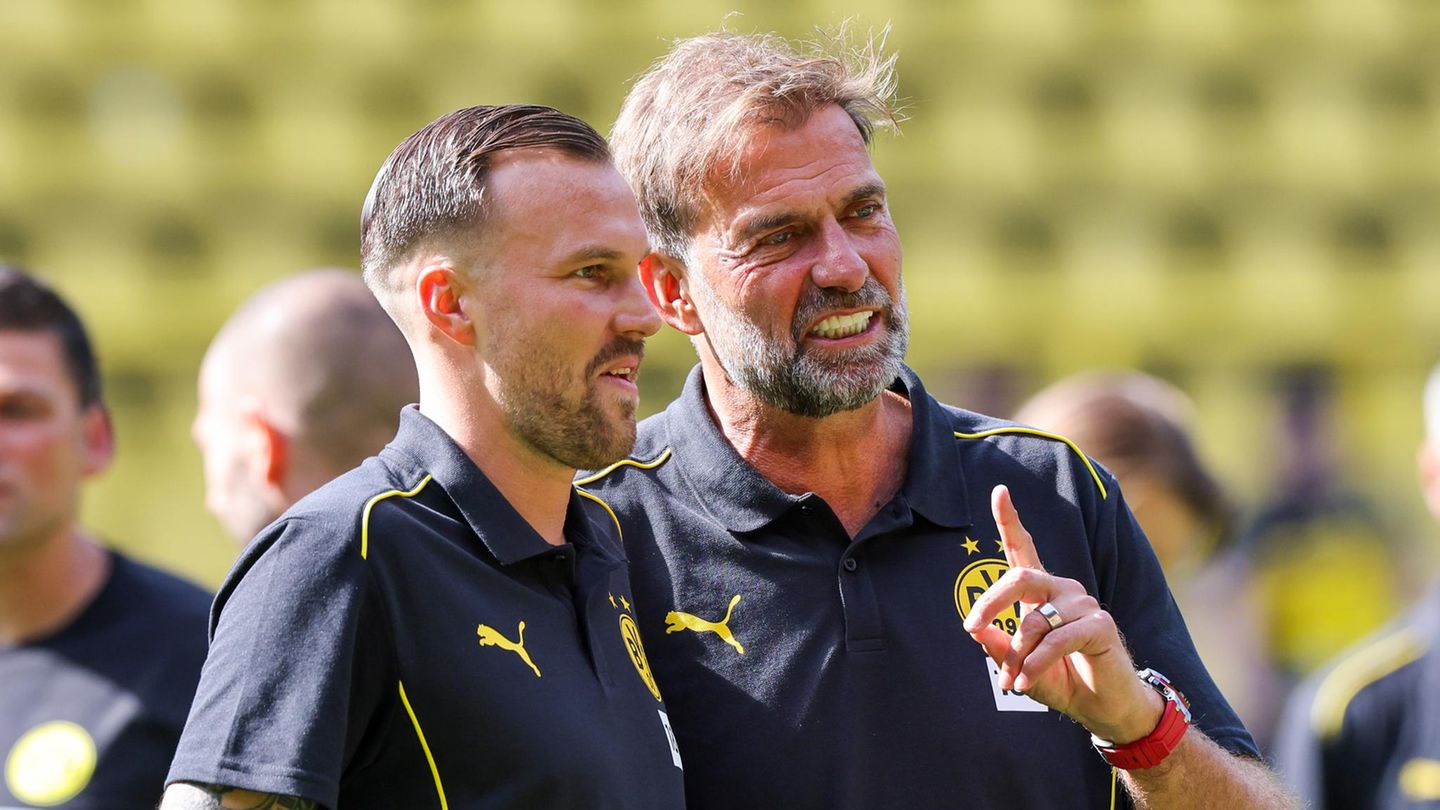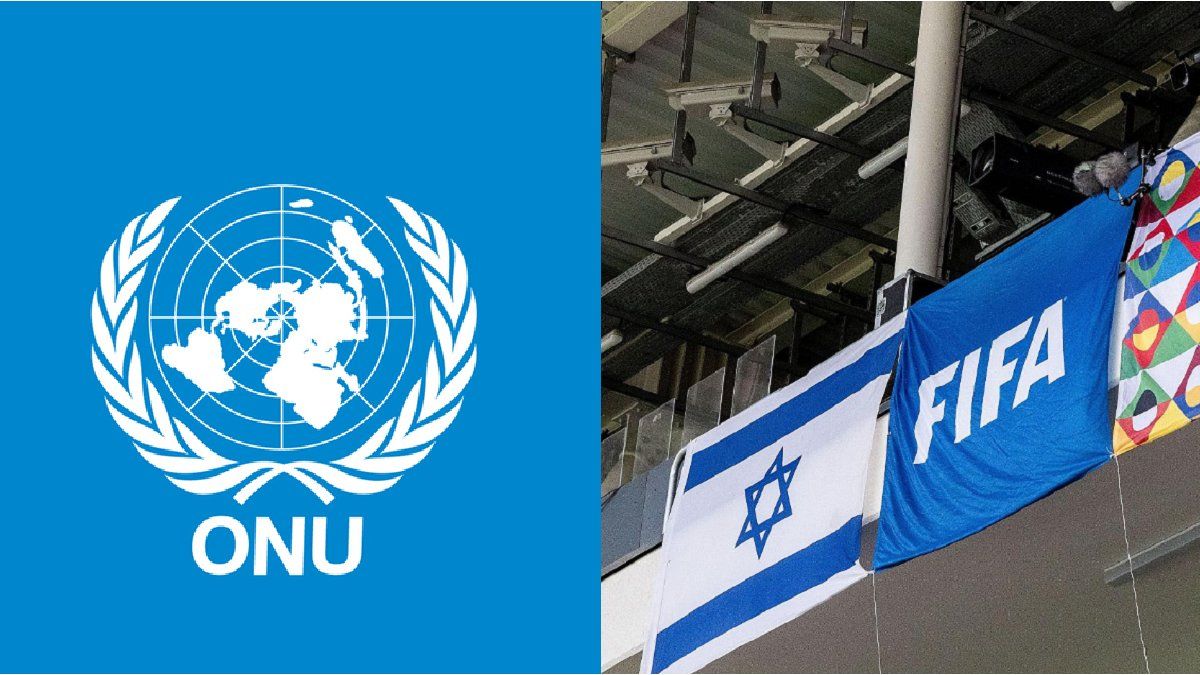Days, weeks, months – how long can the GDL’s tariff round with the railway last, and how often will there be strikes? That also depends on how well the strike fund is filled.
Collective bargaining disputes and especially strikes are always a game of uncertainty. In the current tariff conflict at Deutsche Bahn, this uncertainty primarily affects passengers: Will the train travel towards the stadium on the next Bundesliga match day? Can you travel to relatives by train?
In connection with this, the following questions arise again and again: How long can the GDL train drivers’ union continue to strike? Can a strike like the current one be repeated again?
Above all, the answer to the question of how well the GDL’s strike fund is filled is a well-kept secret of the union. There are a few factors that are crucial for the GDL’s strike endurance:
Look at previous collective bargaining rounds
If the GDL carries out the current strike until Monday evening, it will already have as many strike hours in the current collective bargaining round as in 2021. At that time, the union called for three longer strikes, which added up to just over 260 hours in freight transport. With the two warning strikes in 2023 and the two strikes in the current year, the GDL has collected 264 strike hours in freight transport by Monday evening at 6 p.m.
However, it cannot be concluded that the GDL has reached its limit for the current collective bargaining round. In a very lengthy collective bargaining round from September 2014 to May 2015, the GDL went on strike in freight transport for more than 420 hours.
Strike pay
A union’s strike costs arise primarily from the strike pay paid to strikers. “We pay 10 euros per hour and a maximum of 100 euros in strike pay per shift, then it’s over,” said GDL boss Clasu Weselsky in a recent “Stern” interview. “The losses of our colleagues are greater. They know that, but they can also do the math. If they then have an increase in income of 150 or 210 euros more per month, they know what they are striking for.” Strike pay does not have to be taxed.
Little has been known about strike participation recently. The GDL is negotiating with the railways for around 10,000 employees. Even if only half of these employees went on strike regularly, the strike pay costs are likely to run into the millions if there have now been more than 10 days of industrial action. According to the company, each day of strike costs the railway 25 million euros.
Public opinion
The GDL must prevent public opinion from turning against the train drivers, said tariff expert Hagen Lesch from the Cologne Institute for the German Economy (IW) to the German Press Agency. This is an important influencing factor when it comes to keeping your own members in line. “Another round of strikes without prior negotiations could be a media disaster for the GDL. That could also be a tipping point for the members’ willingness to strike,” said Lesch.
With sharper public criticism, the GDL’s financial support for strike pay from the German Civil Service Association (dbb) is also in question. Those responsible had already urged the GDL to mediate in the 2015 rail collective bargaining dispute.
“The dbb supports us in all matters and stands behind us 100 percent,” said a GDL spokesman recently. The GDL is a member of the German Civil Service Association. “As of now, it is not an issue for the dbb to get involved in the conflict,” said a dbb spokesman on Thursday. “Mr. Weselsky as deputy federal chairman of the dbb and Ulrich Silberbach as chairman are in constant contact.” It remains to be seen whether the time might come at some point when the dbb switches on.
Arbitration as a way out?
The GDL has so far rejected arbitration with an external mediator. The railway cannot force them to do this. Such a process required an arbitration agreement. Collective bargaining partners can specify these in a collective agreement, for example. It could then stipulate that in the next collective bargaining dispute both sides commit to arbitration if they cannot make any progress through the usual negotiation channels. However, there is no such agreement in the expired collective agreement between the railways and the GDL.
Of course, both sides can still agree on an arbitration procedure. Last year, the railways and the larger railway and transport union (EVG) went this route, even though there was no obligation to do so back then. The mediated negotiations ultimately led to a settlement of the collective bargaining dispute at the time. The Pro Bahn passenger association is one of the supporters of arbitration agreements. According to the association, this would provide rail customers with more planning security during a tariff conflict.
Source: Stern




